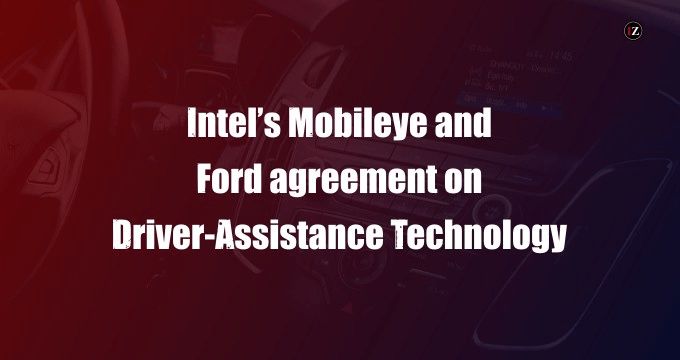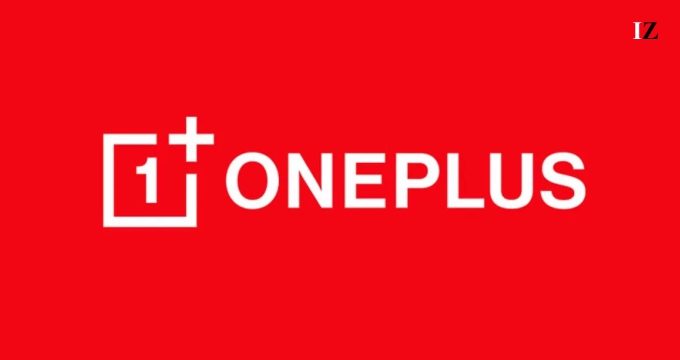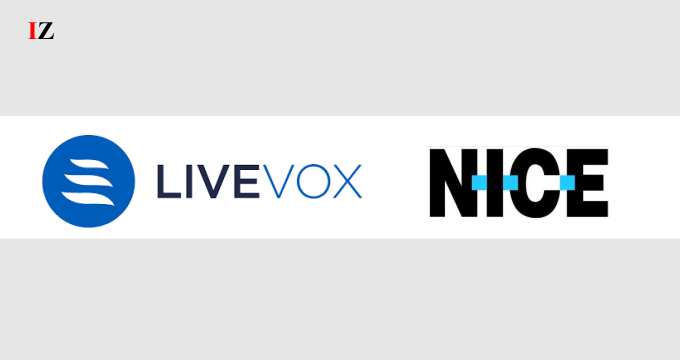Ford is expanding its partnership with Mobileye, the Intel-owned autonomous driving technology business, the companies announced Monday. Ford plans to customize Mobileye’s vision-sensing technology to improve its existing driver-assist features, such as forward collision warning; vehicle, pedestrian and cyclist detection; and lane centering.
The deal includes Ford using Mobileye’s “EyeQ” camera-based detection technologies for features such as forward collision warning and of vehicle, pedestrian and cyclist detection. They’ll also be used for Ford’s forthcoming hands-free driving system.
Ford isn’t leaping entirely into the self-driving future quite yet. The deal covers systems like collision warning, automatic lane keeping, and adaptive cruise control. Those kinds of systems, which require the driver to maintain their attention on the road, are categorized only as Level 1 and Level 2 self-driving technology. Level 3 technology, which enables drivers to take their eyes off the road, isn’t yet included, let alone Levels 4 and 5, enabling cars to drive without human interaction.
“By customizing Mobileye’s excellent software and sensing technology, Ford’s great driver-assist features will continue to evolve and provide customers with confidence on the road throughout the life of their vehicles,” Lisa Drake, chief operating officer for Ford in North America said in a statement.
The technology still requires drivers to control their vehicles. The companies will utilize Ford Tier 1 providers to supply the technology. Ford and Mobileye have collaborated for years, but this deal represents the first time Ford is deploying the Intel unit’s technology for the entire lifecycle of its next-generation vehicles. That includes the new Ford Bronco in addition to the Mustang and the F-150.
Mobileye detailed plans to keep growing with expanded forays into data monetization and the nascent robotaxi market. Earlier this year, the company furthered its robotaxi ambitions with a $900 million acquisition of Moovit, a mobility-as-a-service company with one of the world’s most popular transit apps.It also recently inked a deal with Willer, one of the largest transportation operators in Japan, to launch an autonomous robotaxi service in Southeast Asia.




